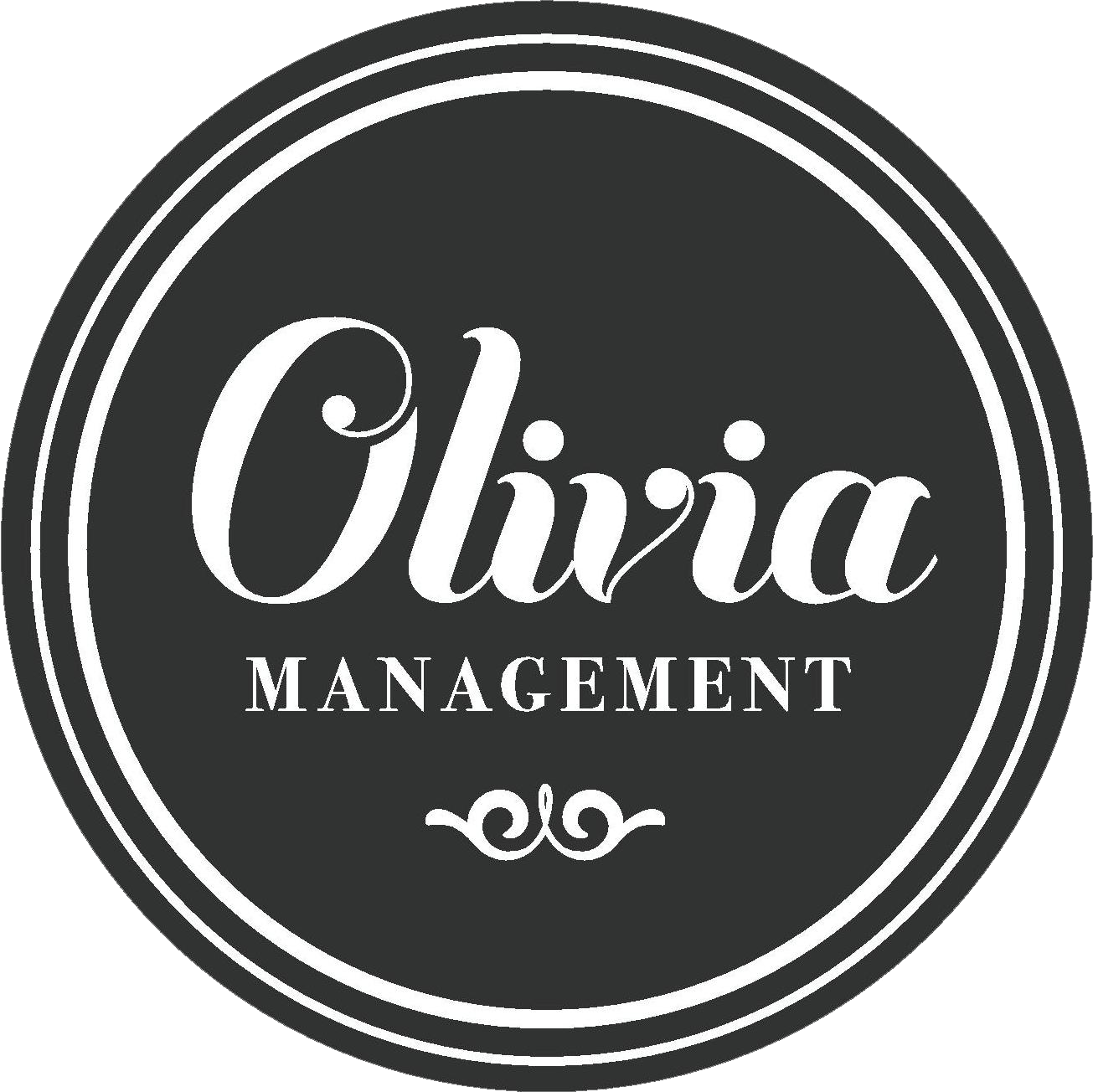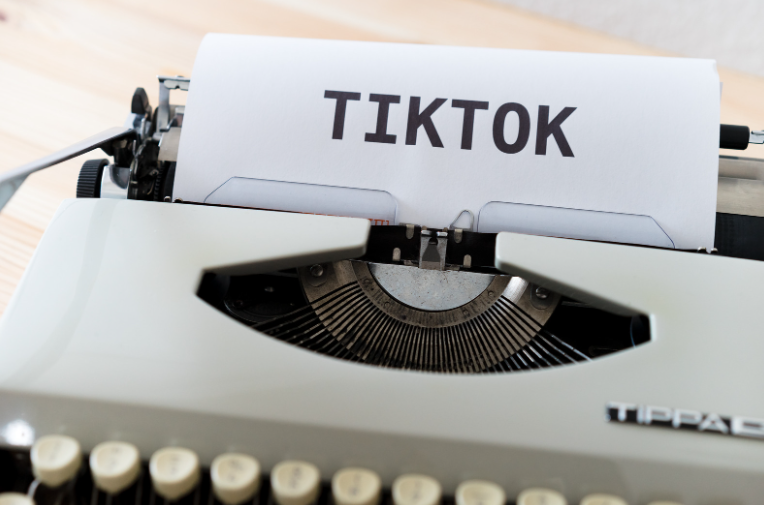by Tyler Prondzinski
The big talk in the past month or so (or basically the past year ever since ChatGPT came out) has been AI and the perceived negative effects it has on many sectors of society. We’ll be talking about some of the positives and negatives about it surrounding its use in the music industry.
Positive: Billy Joel comes back with an AI Music Video
Early last month, Billy Joel released a new song called “Turn the Lights Back On,” a fantastic song from someone who has released little material over the past thirty years. The music video for the song was filmed but assisted with AI. They had a stand in actor dress up like Billy Joel in the ‘70s, ‘80s, and 90’s, and then ran it through a groundbreaking AI program that has been used by the likes of Kendrick Lamar and Juice Wrld. The AI program transformed the actor’s face into three scarily accurate depictions of a younger Billy Joel. It was genius idea given the meaning of the song and the years that have past.
Positive: Tennessee Enacts the ELVIS Act
Just a couple of weeks ago, the state of Tennessee just enacted a law concerning the “protections for songwriters, performers, and music industry professionals' voice from the misuse of artificial intelligence,” according to a statement from the Governor’s office. This is a big step, making Tennessee the first state in the nation to enact legislation like this, though these concerns have been brewing for the past year. On a side note, I find it clever that they decided to name it the ELVIS act, standing for “Ensuring Likeness Voice and Image Security.”
Negative: Deepfakes
In the past few months, companies have been sprouting up specializing in creating AI models of the voices of pop stars and celebrities. Legal battles have ensued, one of the most notable taking place in the UK. Britain based cite Jammable currently has over 3000 AI models of famous people, but it was left with no choice but to take down the models of Drake and Amy Winehouse after getting a cease and desist in the mail from the British Phonographic Industry (BPI).
The question of creating fake AI models of artists is surrounded by various ethical, moral, and legal issues. Feeding AI software copyrighted material to create a model likely violates federal copyright law and will soon be challenged in the courts. Since the model doesn’t have the limits humans have, these models have the potential to take away revenue from these artists by generating unlimited amounts of material.
Negative: AI and TikTok
The relationship between TikTok and AI is a never ending cycle. Someone creates a cover of Elvis singing some modern pop song using AI and it makes its way to social media platforms and TikTok, where it goes viral and causes more users to check out the service. Universal Music recently made the news for pulling their artist’s music from TikTok, mainly because of a lack of agreement on a licensing deal for their artist’s songs. But the elephant in the room that isn’t getting mentioned is Universal’s fight against AI, which was another component of why this deal went sour. Most artists are not getting paid for the use of their name, image, and likeness in these AI generated songs, and TikTok is proliferated with them.
Ending Thoughts
A few days ago during a podcast, Roger Daltrey of the Who said this about AI: “It’s going to destroy the music industry if we’re not careful.” I think these words are words to the wise. Some guardrails have to be put into place before things get too out of hand and the music industry suffers the same lost revenue it did in the days of pirating and the beginning of streaming. AI does have some creative benefits but like anything, it is a tool to be used sparingly.


